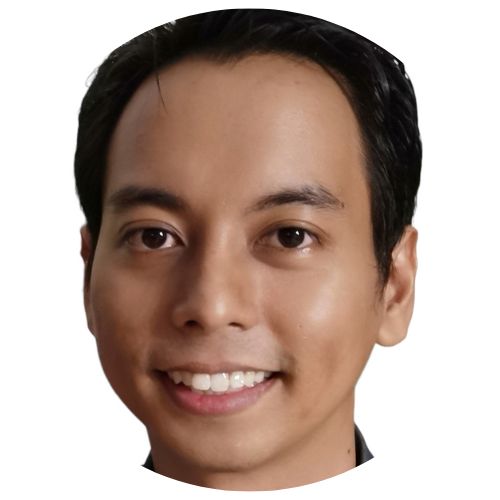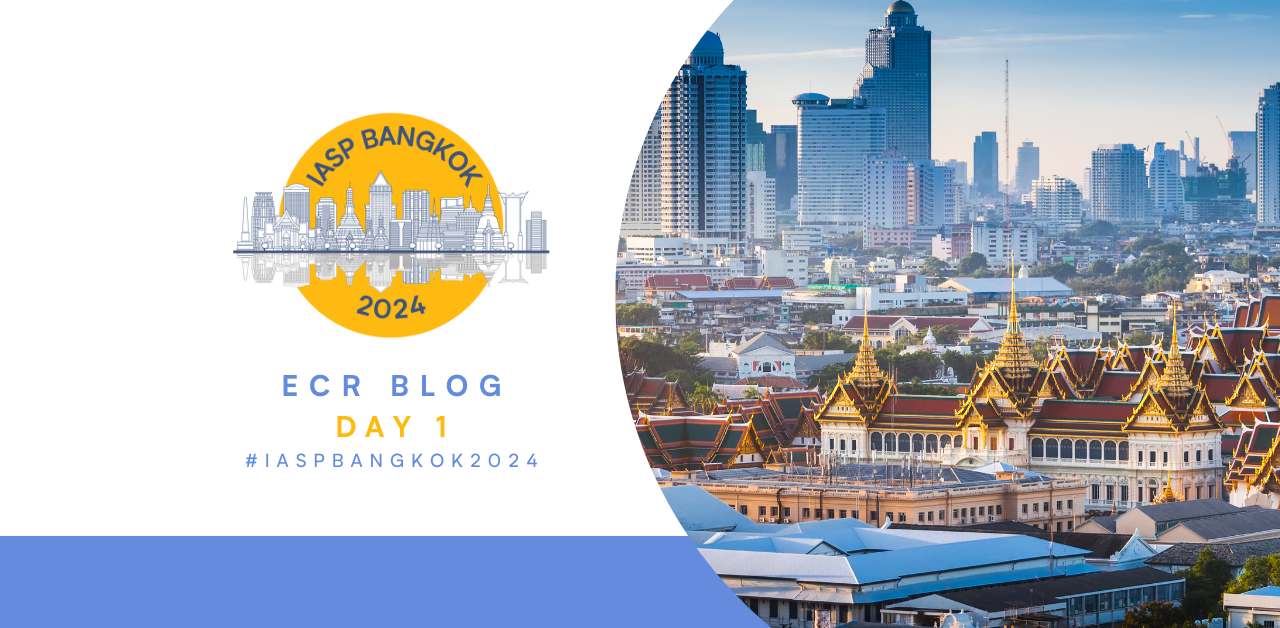“Have you eaten today?” This simple yet powerful phrase, delivered during Dr Onie’s keynote speech, summarized the first day of the 11th Asia Pacific Conference of the International Association for Suicide Prevention (IASP) in Bangkok, Thailand. This phrase demonstrates a culturally nuanced expression of love and care and emphasizes the importance of culturally and socially conscious suicide research and prevention.
The conference began on June 3, 2024, with an engaging pre-conference workshop. I attended the Early Career Researcher (ECR) Workshop hosted by Prof Chan Lai Fong, Prof Jane Pirkis, and Dr Sanderson Onie. The workshop brought together a culturally and professionally diverse group of individuals. We engaged in stimulating discussions on suicide research in the Western Pacific and Southeast Asian region, covering topics such as key issues in regional suicide research, the involvement of Lived Experience in suicide research, and the development of a network among ECRs to foster cross-cultural collaborations. In the following section of the workshop, Prof Pirkis, the Chief Editor for Crisis: The Journal of Crisis Intervention and Suicide Prevention, shared her experience and tips on publishing suicide-focused research with fellow ECRs.
In the afternoon, dignitaries from Thailand and the IASP officially inaugurated the conference. Dr Sanderson Onie delivered the first keynote speech on the role of culture and religion in suicide prevention. The talk emphasized the value of considering the culture and beliefs of communities in suicide research, prevention, advocacy, and policy. The second keynote by Mr Trakarn Chensy from The Samaritans of Thailand focused on Face Culture and the unique social structure and language in Thailand, highlighting the benefit of an anonymous helpline service to facilitate open conversations about mental health and suicide in Thai society. The third keynote speech by Dr Yongyud Wongpiromsarn, Chief Advisor at the Department of Mental Health, Ministry of Public Health, focused on Human Consciousness and Suicidal Ideation, discussing the role of mindfulness-based practices as an alternative to support individuals coping with suicidal tendencies.
The day concluded with a welcome dinner, allowing delegates to mingle and establish new, potentially lasting connections. Overall, I found the first day to be a fantastic opportunity to connect with others and present my research on youth suicide risk and online behavior to fellow researchers.
Written by:





